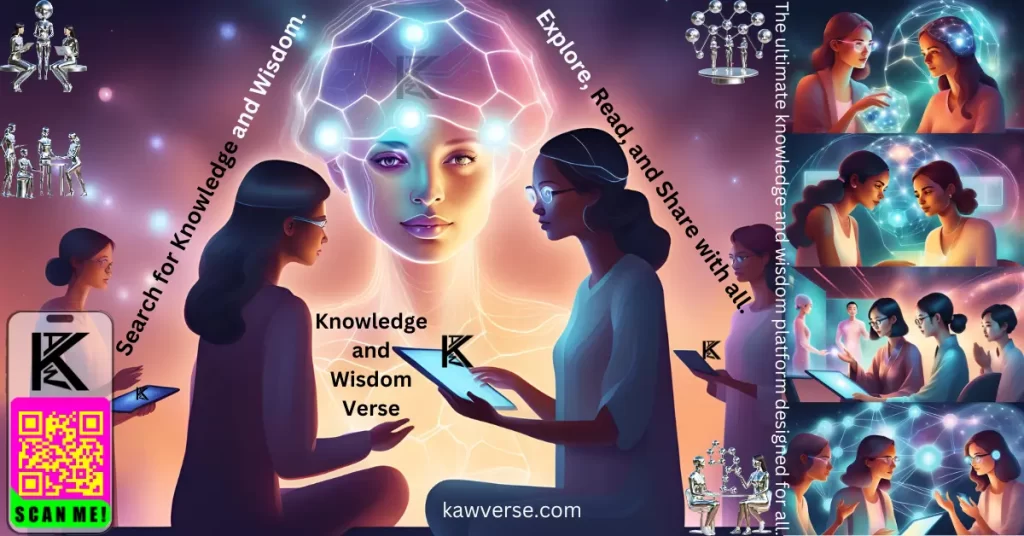Generative AI is reshaping industries and sparking innovation in ways previously unimaginable. From crafting realistic images to composing symphonies, it’s revolutionizing how we approach creativity, problem-solving, and automation. This article explores the multifaceted world of Generative AI, aiming to provide readers with a clear, comprehensive, and actionable understanding of its concepts, applications, and future potential. Whether you’re a beginner, a seasoned professional, or someone curious about the latest technological trends, this guide has something for you.
What Is Generative AI? A Clear Definition
Generative AI refers to a class of artificial intelligence systems designed to create new content, such as text, images, audio, or even software code. Unlike traditional AI, which focuses on analyzing and predicting based on existing data, Generative AI generates outputs that mimic human creativity.
Examples of Generative AI:
- Text Generation: ChatGPT generates coherent and context-aware conversations.
- Image Creation: DALL•E produces visually stunning art or realistic images from textual descriptions.
- Audio Synthesis: Tools like Jukebox create music in various styles and genres.
By leveraging advanced models such as Generative Adversarial Networks (GANs) and Transformer architectures, these systems open new horizons in multiple fields, from entertainment to medicine.
Who Should Read This Article?
This guide is designed for:
- Beginners: Those curious about Generative AI and its implications.
- Tech Enthusiasts: Individuals eager to delve into the technical mechanisms and advancements.
- Professionals: Developers, researchers, and industry leaders looking to harness Generative AI in their work.
- Students and Educators: Academics exploring the ethical and societal impacts of AI.
Real-World Applications of Generative AI
Generative AI is not just a theoretical concept; it’s actively transforming industries:
- Healthcare:
- Developing personalized treatment plans.
- Creating synthetic data to enhance medical research while preserving patient privacy.
- Entertainment:
- Generating immersive video game environments.
- Producing scripts, music, and digital art.
- Business:
- Automating content creation for marketing.
- Enhancing customer support through AI-driven chatbots.
- Education:
- Customizing learning experiences with AI-generated study materials.
- Science and Engineering:
- Simulating complex systems and accelerating innovation in areas like material science.
Why Is Generative AI So Important?
Generative AI addresses some of the most pressing challenges of our time:
- Increased Efficiency: Automates repetitive tasks and enables rapid prototyping.
- Enhanced Creativity: Offers tools to augment human creativity.
- Global Accessibility: Democratizes technology and knowledge, making them accessible to diverse audiences.
- Economic Growth: Drives innovation and opens new market opportunities.
Current Trends:
- The rise of multimodal models (e.g., combining text, image, and video generation).
- Ethical AI development to mitigate biases and ensure fairness.
- Adoption in low-resource settings to bridge global inequalities.
Types and Subtopics in Generative AI
Understanding Generative AI involves exploring its various types and methodologies:
- Generative Adversarial Networks (GANs):
- Two neural networks (generator and discriminator) compete, improving outputs iteratively.
- Transformers:
- Powerhouses behind models like GPT and BERT, excelling in language understanding and generation.
- Variational Autoencoders (VAEs):
- Simplify data into a compressed form and reconstruct it with slight variations.
- Diffusion Models:
- Transform noise into coherent images or text by reversing diffusion processes.
Emerging Trends:
- AI-powered content moderation.
- Integrating Generative AI with augmented and virtual reality.
Benefits of Reading This Article
By reading this guide, you will:
- Gain a clear understanding of Generative AI and its applications.
- Learn actionable ways to incorporate AI into your personal or professional projects.
- Stay informed about cutting-edge trends and ethical considerations.
- Be equipped to make informed decisions in leveraging Generative AI.
Key Takeaways
- Generative AI transforms how we create, work, and solve problems.
- Its applications span healthcare, entertainment, education, and beyond.
- Understanding its methodologies empowers users to innovate responsibly.
Frequently Asked Questions (FAQs)
Q: How does Generative AI differ from traditional AI? A: Traditional AI focuses on analysis and prediction, while Generative AI creates new content.
Q: Is Generative AI ethical? A: Ethical considerations are vital, including addressing biases, ensuring fairness, and minimizing misuse.
Q: Can Generative AI replace human creativity? A: It augments rather than replaces human creativity, acting as a collaborative tool.
Q: What are the limitations of Generative AI? A: Challenges include high computational costs, potential biases, and the risk of misuse.
Q: How can I start using Generative AI? A: Begin by exploring accessible tools like ChatGPT, DALL•E, or Canva’s AI features.
Next Steps and Future Directions
- For Beginners: Experiment with accessible AI tools to understand their potential.
- For Professionals: Integrate Generative AI into workflows to boost efficiency and creativity.
- Stay Updated: Follow trends like multimodal AI and advancements in ethical frameworks.
Future Trends:
- Greater emphasis on AI transparency and explainability.
- Expansion into underserved sectors and communities.
- Innovations in hardware to make AI more accessible and sustainable.
Conclusion
Generative AI stands at the forefront of technological evolution, offering unprecedented opportunities and challenges. By understanding its capabilities and implications, we can harness its power responsibly to shape a better future. Whether you’re looking to innovate, educate, or simply learn, Generative AI opens doors to endless possibilities.


Leave a Reply
You must be logged in to post a comment.